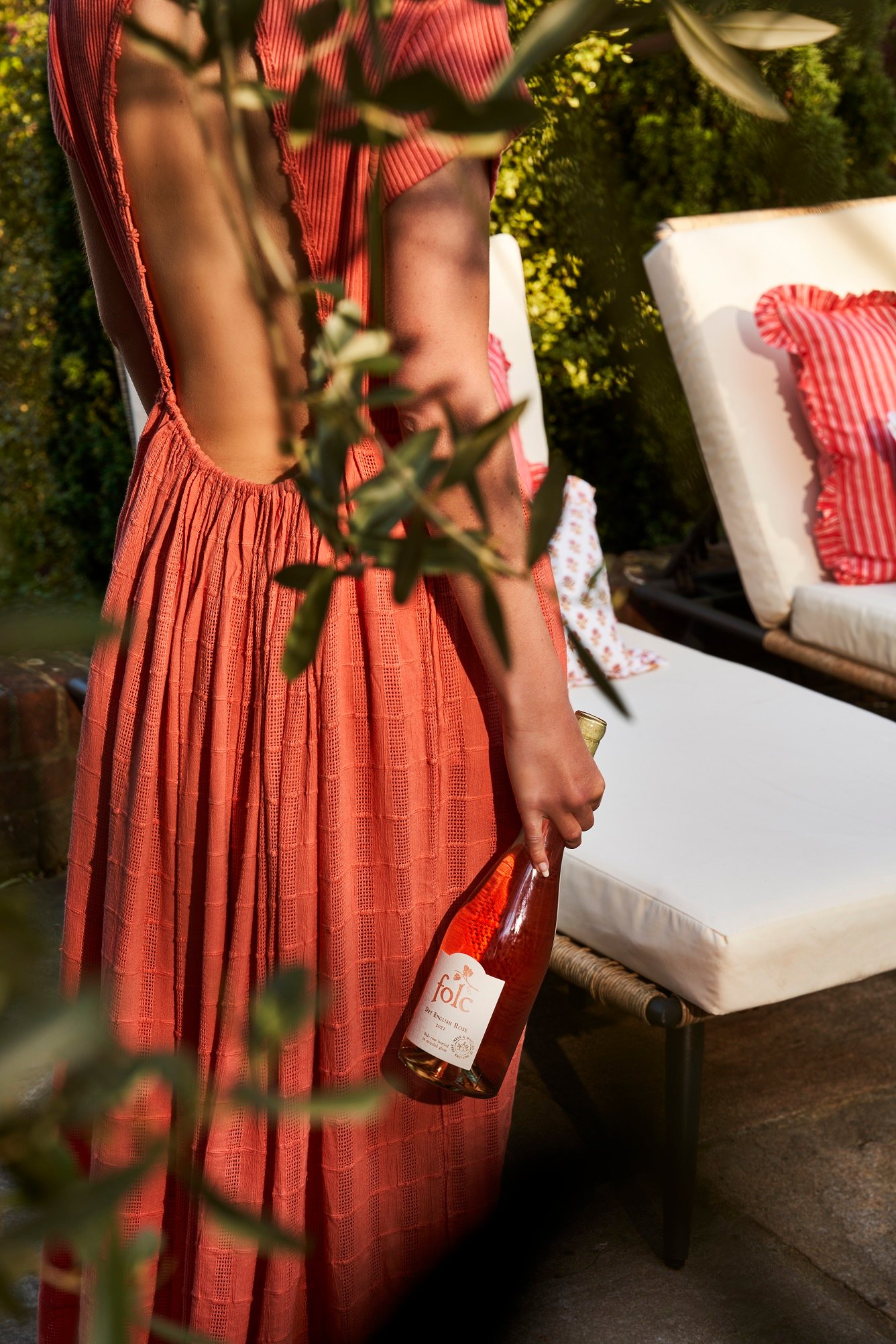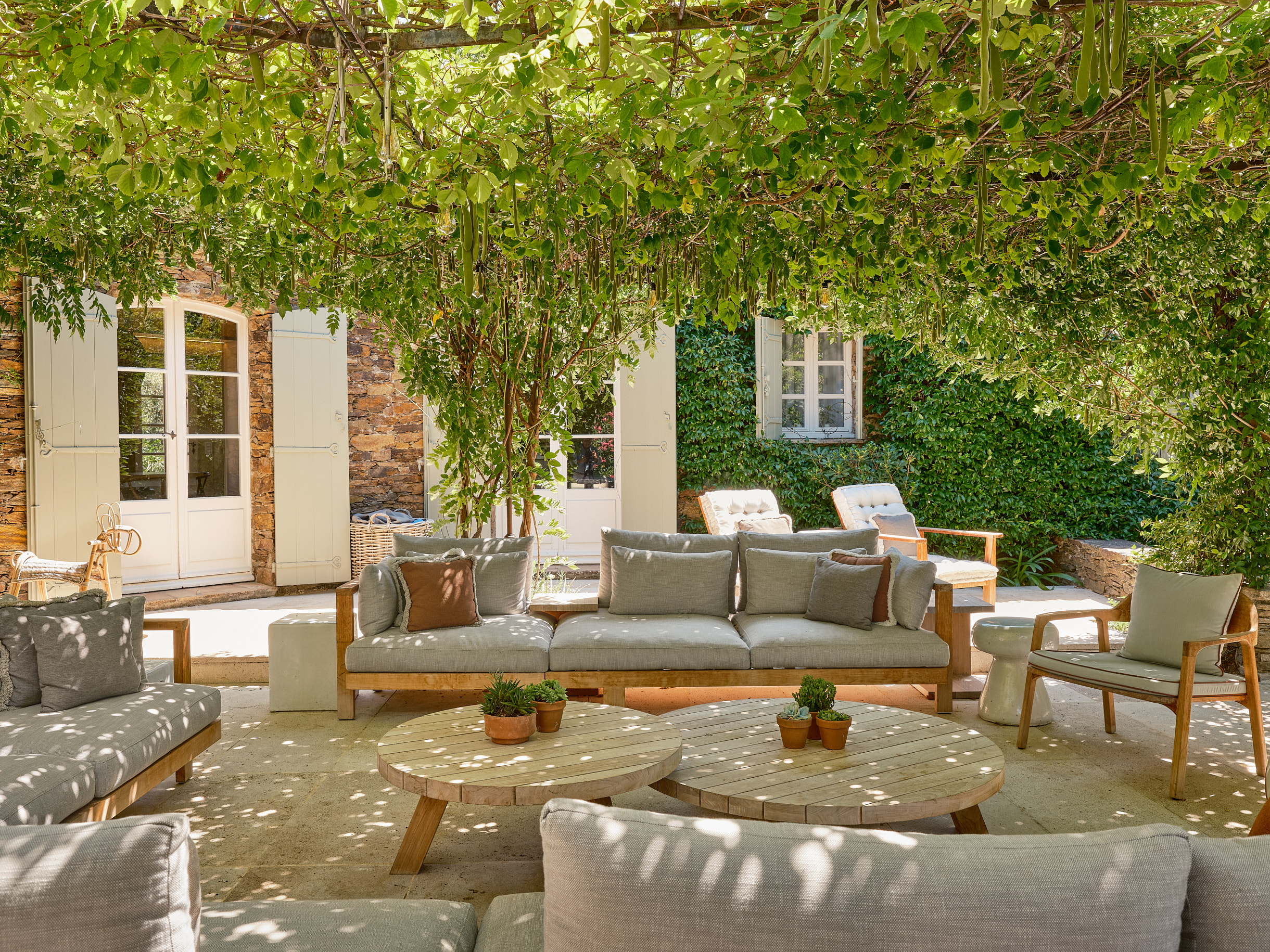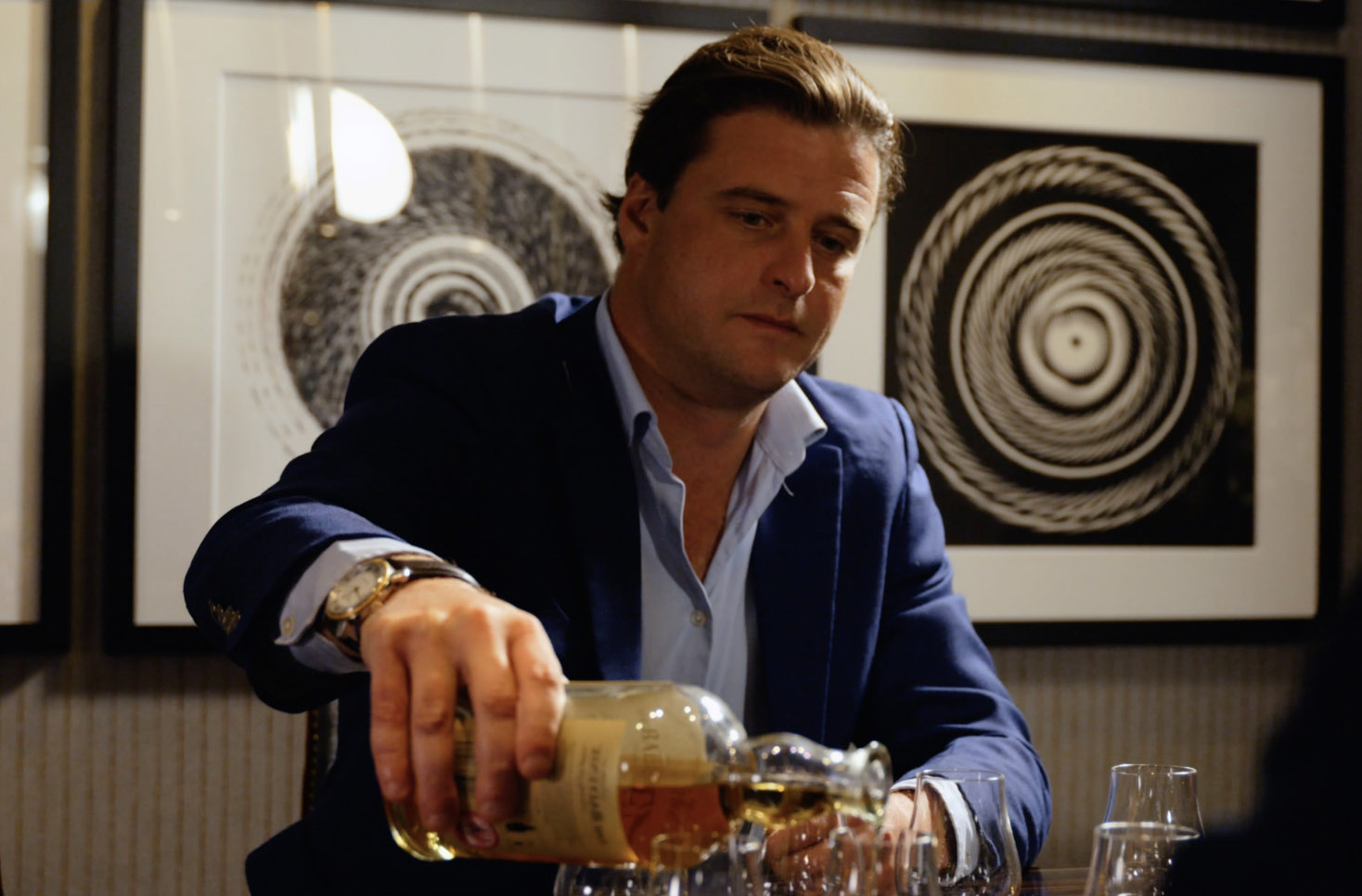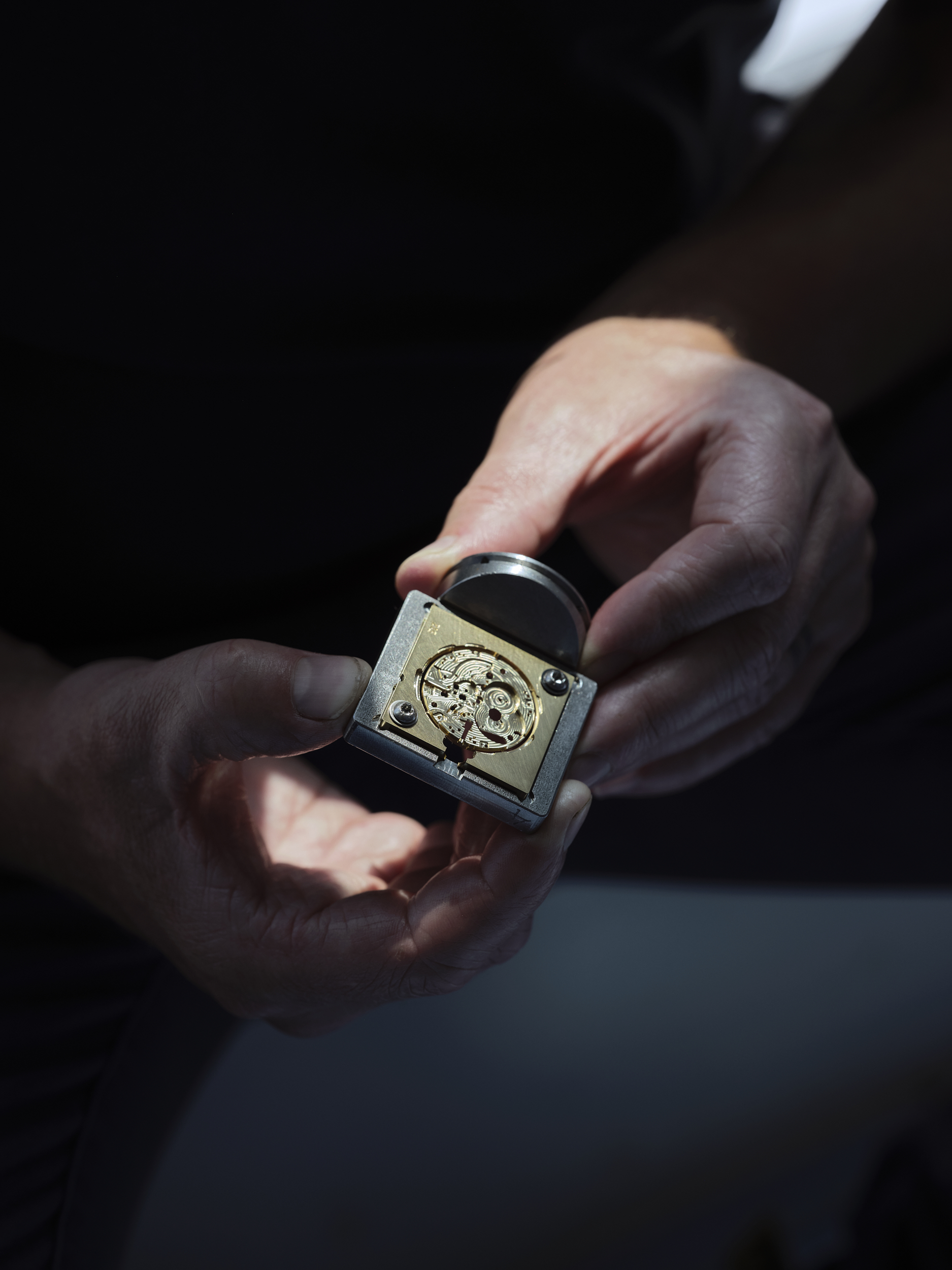Coming up rosé
England’s winemaking revolution is gathering speed. David Kermode meets Elisha Cannon, co-founder of award-winning brand Folc, a lockdown success story that is rewriting the rules on English rosé

A global pandemic might seem an inauspicious moment to launch a business, especially one that celebrates conviviality and relies on word of mouth, but lockdowns proved no obstacle for the entrepreneurs behind Britain’s newest rosé wine.
Wife and husband team Elisha and Tom Cannon were just 28 years old and growing frustrated by their jobs in the City when they decided to launch Folc – which takes its name from the Old English word for tribe – despite not owning land, nor indeed a single vine.
Just one year later, Folc was awarded a gold medal at the Independent English Wine Awards and also took home one of only two medals for still English rosé at the prestigious International Wine & Spirits Competition. Since then, production has broadly tripled with each new vintage and their brand is the envy of its rivals.
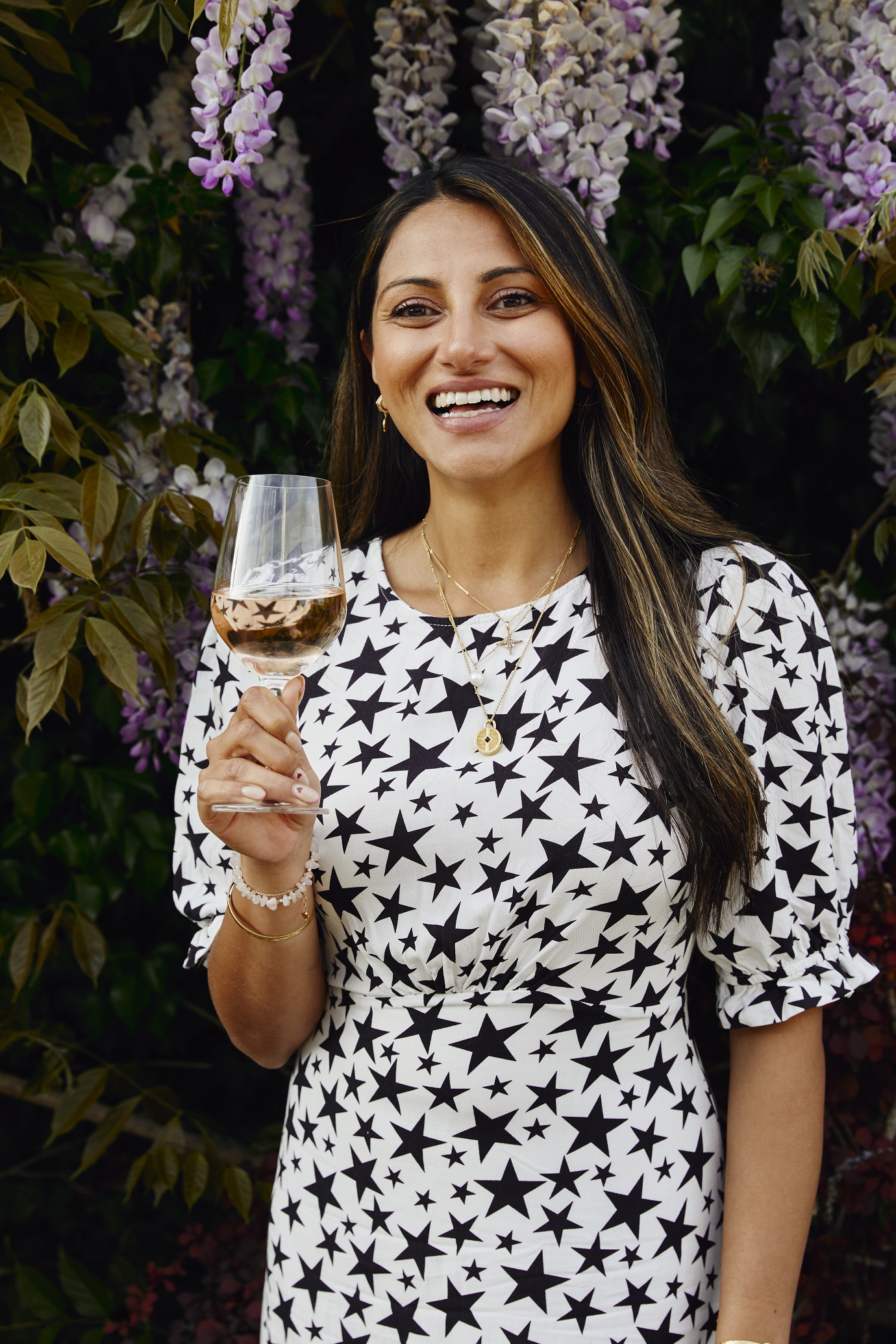
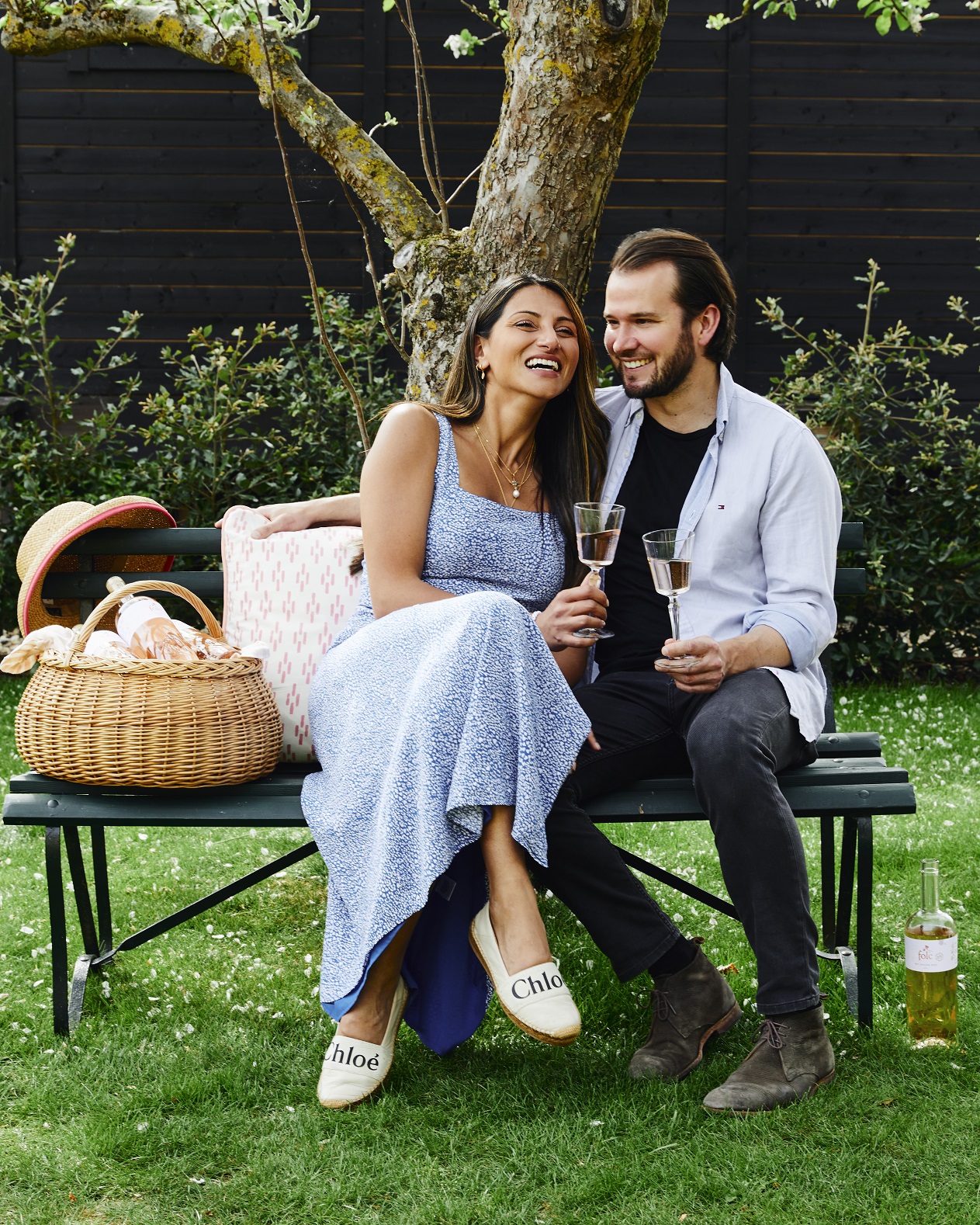
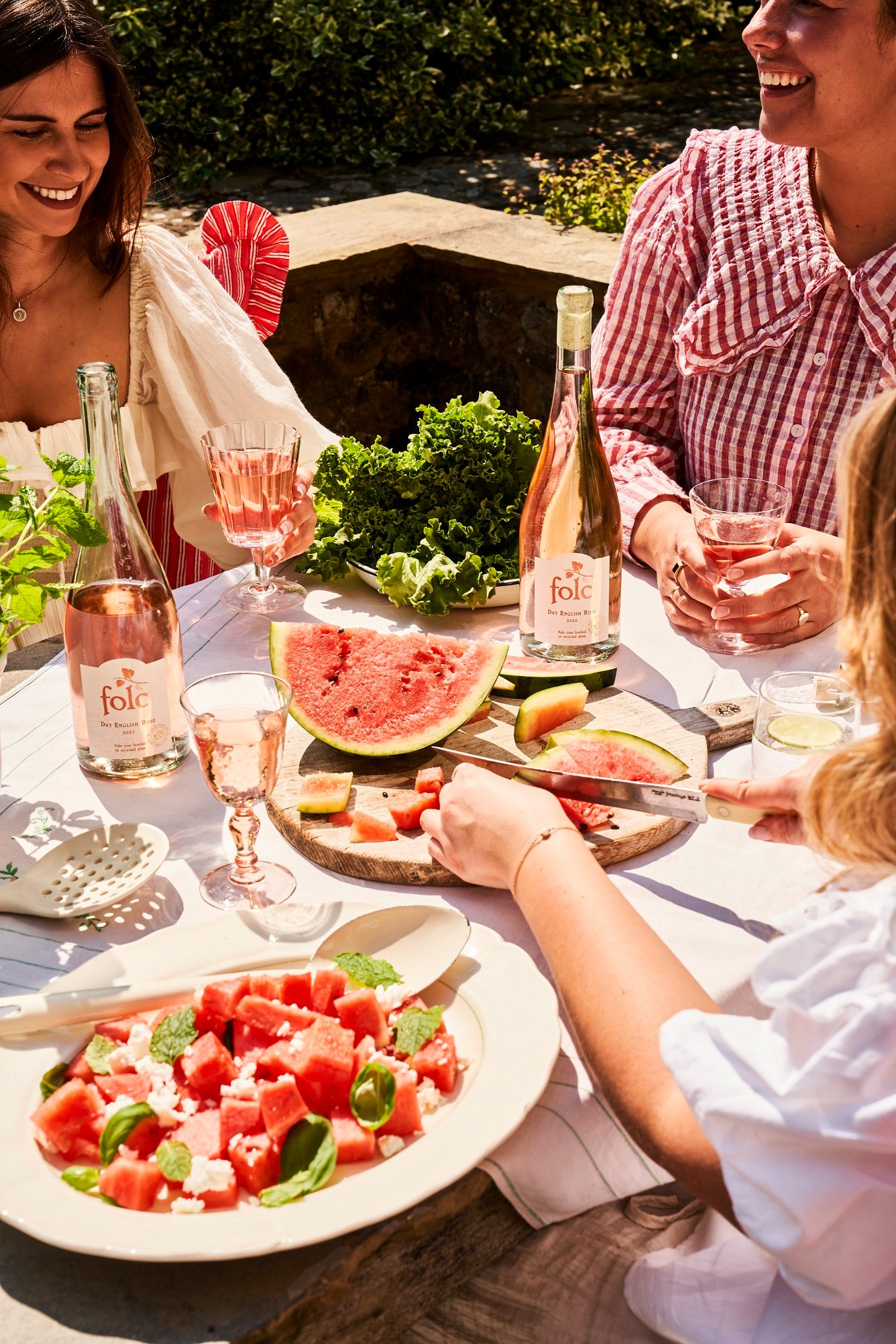
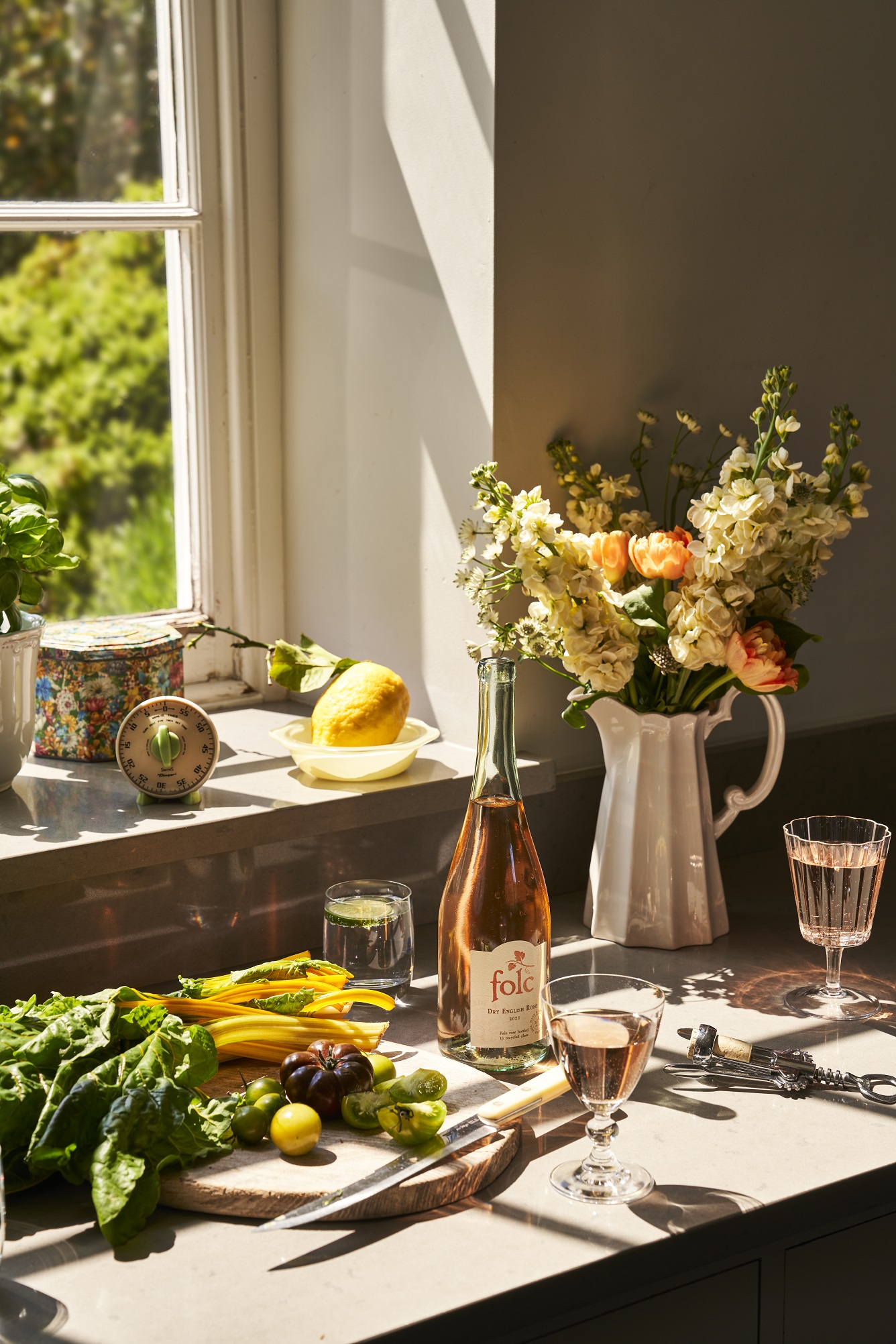
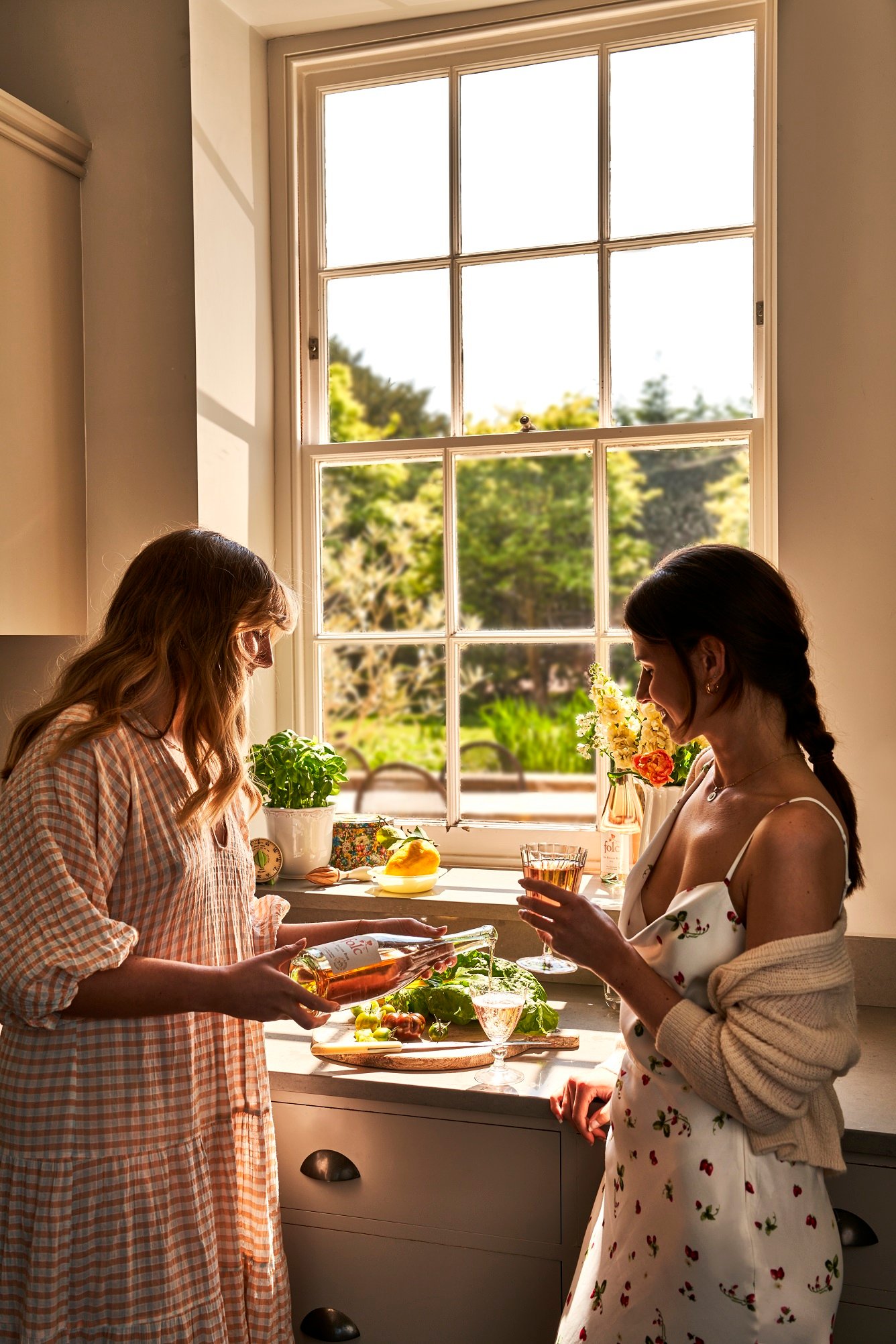
“Initially, we were forced to use social channels as it was our only way to raise awareness, but now it’s a key part of our marketing strategy for Folc, which we see as a lifestyle brand. We were categorised as ‘Instagram wine’ at first, so it wasn’t until we started winning awards that we were taken seriously,” says Elisha proudly.
“We are heavily involved because we have the closest possible relationship to our customers; we know what they like about Folc and what they want to see replicated in each vintage, so we sit down with Nick and Poppy [their winemakers at Defined Wine] and talk about what’s worked well, what we want to carry forward, or improve on. We have worked together on three vintages now and we try to remain consistent but also elevate it,” says Elisha, who hopes to inspire those like her to join England’s wine revolution. “I am, from what I know, the only female person of colour running a wine brand in England, so I put myself forward to encourage others.”
With their wine selling out in each vintage, late last year the couple launched an external fundraiser where their target of £500,000 was substantially overfunded.
So could other wines be in the pipeline? “I think we have always been conscious that we want to do one thing and do it well. We want to be the benchmark English rosé,” Elisha says, “but that’s not to say that we will only have one wine. Perhaps in the future we might have different styles of rosé.”
For more on Folc, visit drinkfolc.com or follow @drinkfolc. David Kermode is a journalist, writer, broadcaster and international wine judge.
